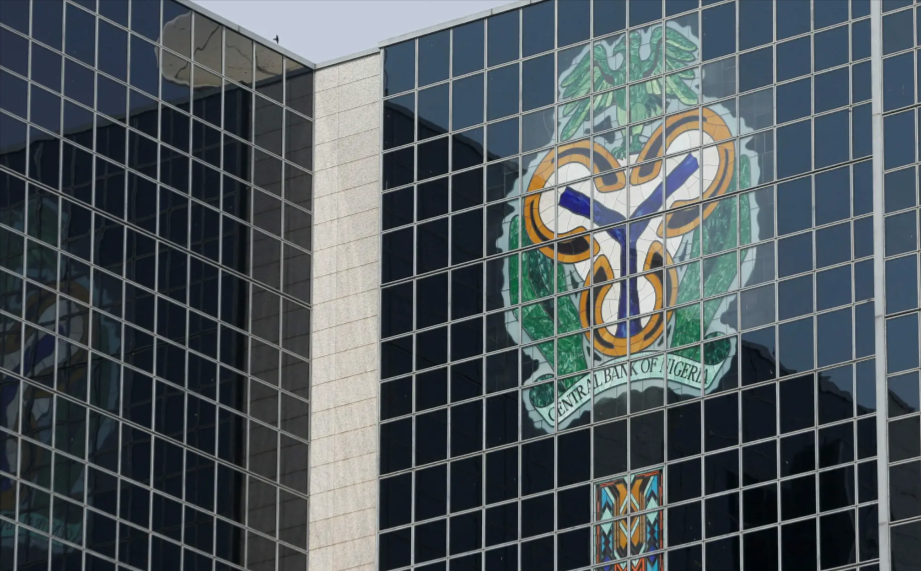he Central Bank of Nigeria (CBN) has decided to remove restrictions on 43 food and non-food items from accessing foreign exchange through the official window. This move is expected to exert more pressure on the Nigerian Naira, and it might discourage local manufacturing of these items.
Read More: Inspiring Change Through Dreams & Heritage – Bisila Bokoko
The ban was originally implemented in 2015 to encourage local production, stabilize the Naira, and ensure efficient use of foreign exchange. However, this action is now being reversed. The CBN’s decision to lift the forex ban did not come with an explicit reason, but the move is expected to increase Nigeria’s import bill, adding more pressure on the local currency and depleting the country’s foreign reserves.
Nigeria’s economy remains heavily reliant on imports, with the country’s total imports reaching N5.726 trillion in the second quarter of 2023. The depreciation of the Naira in the parallel market is evidence of increased demand for foreign exchange, posing potential risks to the country’s exchange rate stability.
Local manufacturers are likely to face challenges from foreign products that are often cheaper. This could lead to increased unemployment and a loss of competitiveness for local industries. Additionally, there’s a concern that Nigeria may become a dumping ground for foreign manufacturers, especially with the operationalization of the African Continental Free Trade Agreement (AfCFTA).
Read More: Electing Visionary Leadership for Africa’s Innovation Ecosystem
The reversal of the forex ban is seen as a step towards normalizing policies and improving transparency in foreign exchange transactions. However, there is a need for a comprehensive strategy to ensure forex supply is stable, which may involve raising funds through various means and enhancing domestic oil production efficiency.
Despite the potential benefits of lifting the forex restrictions, it is essential to address the risks and challenges that this policy change may introduce into Nigeria’s economic landscape.
